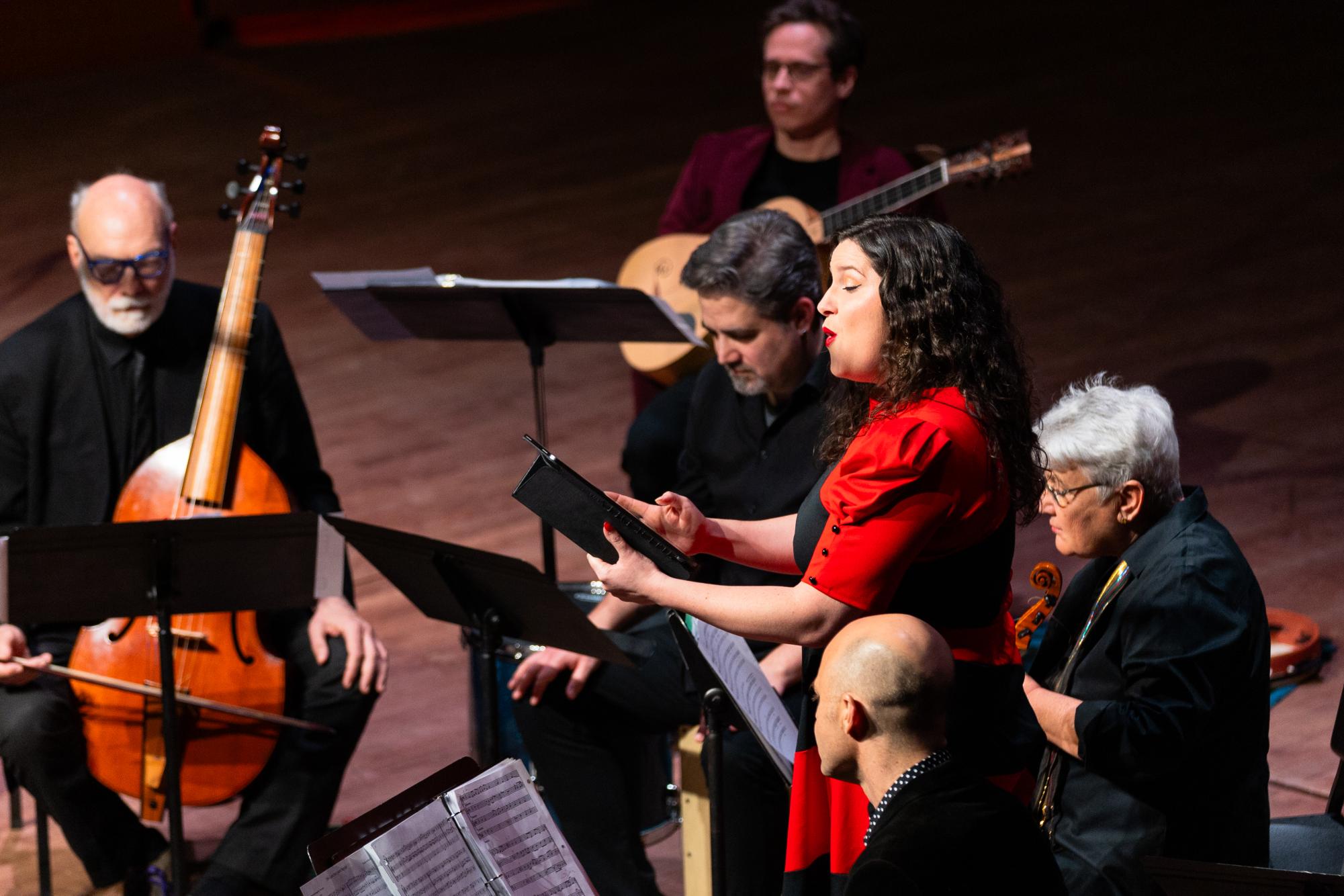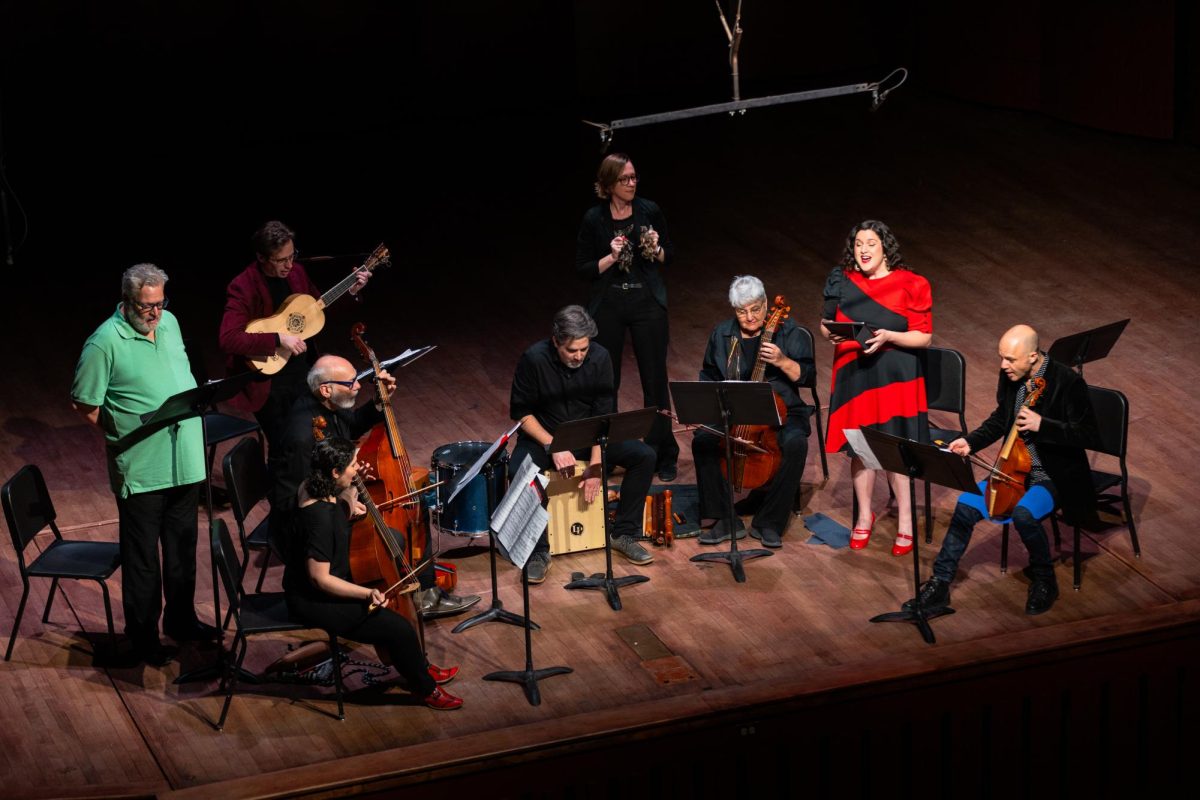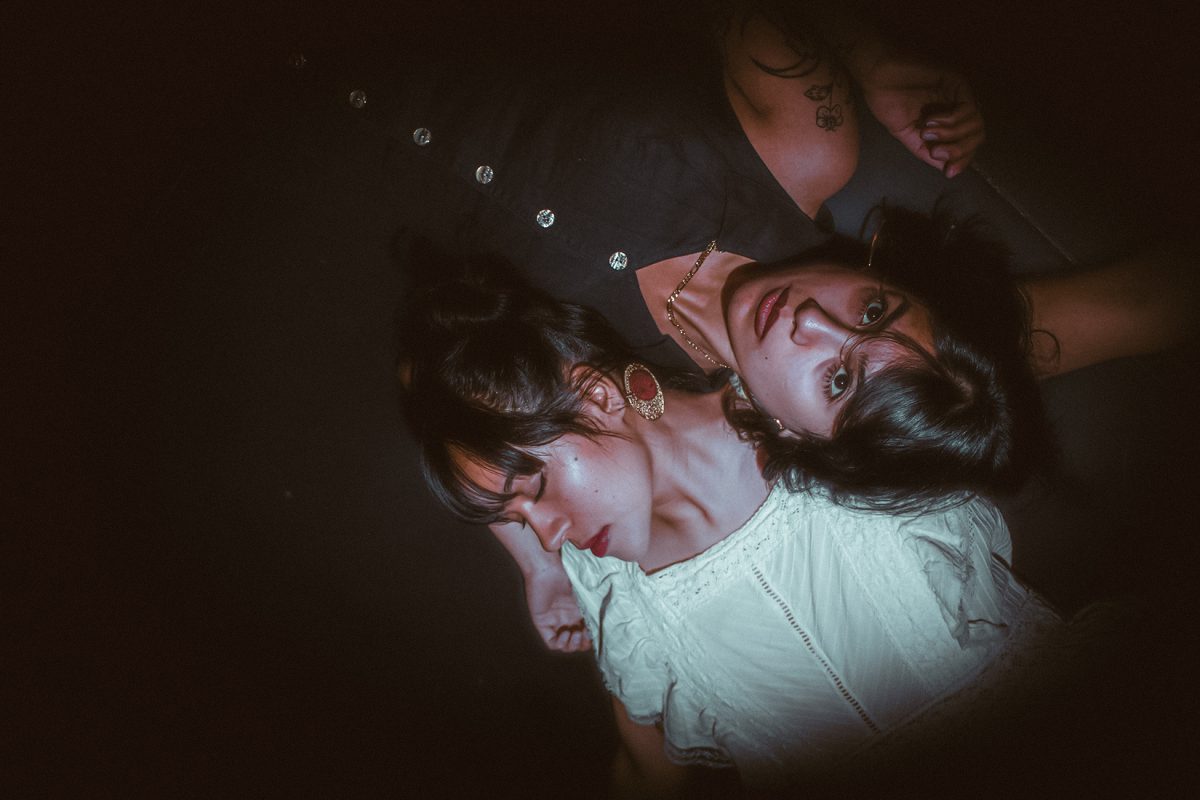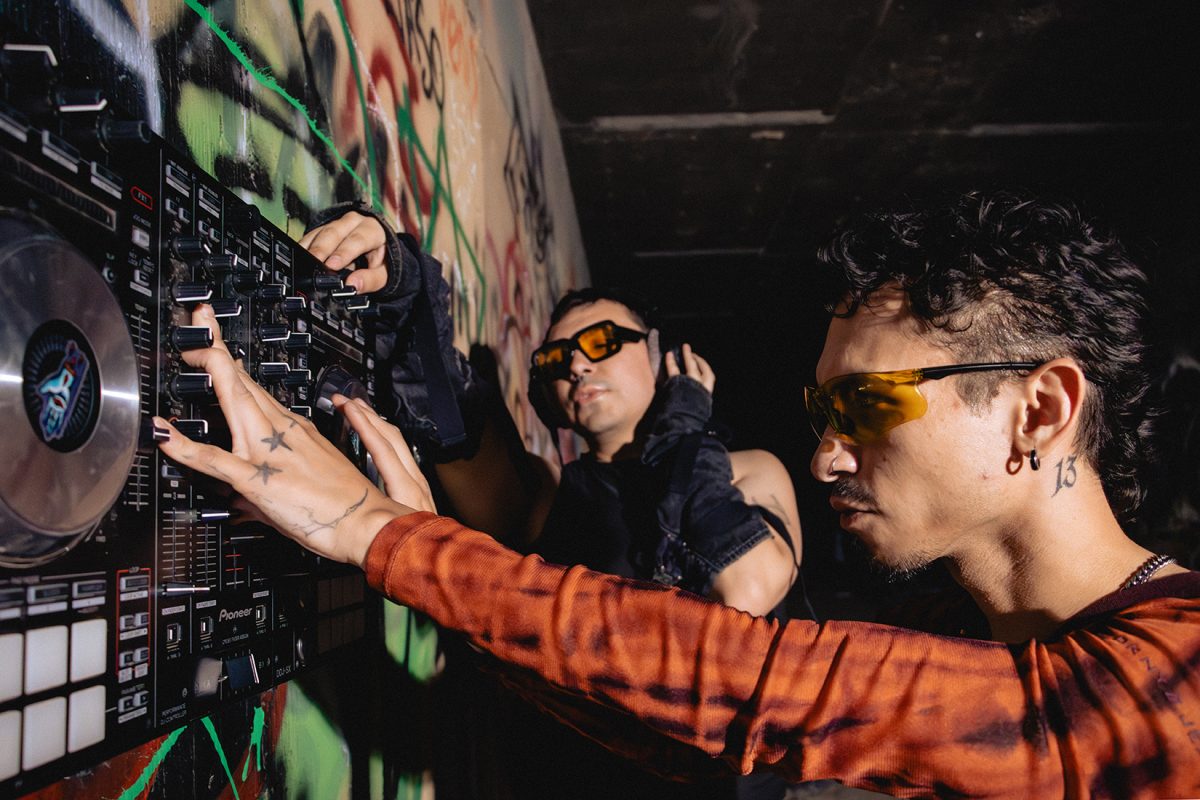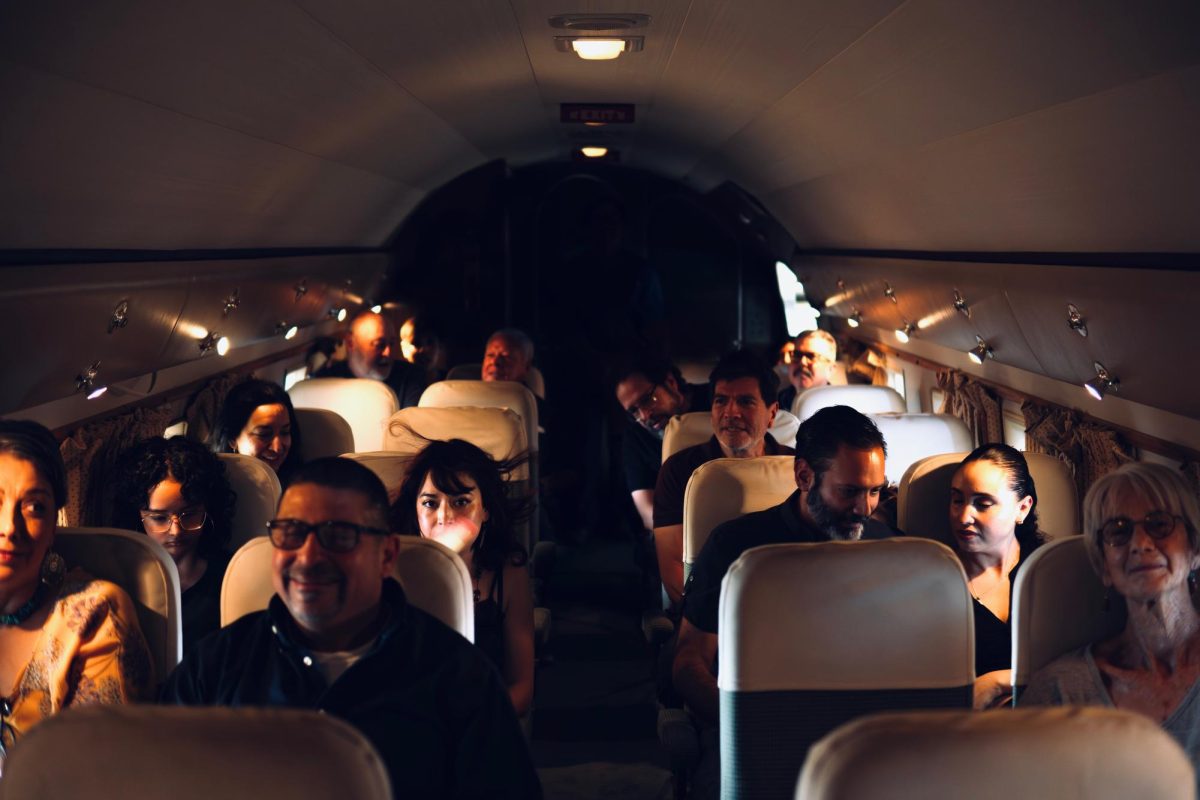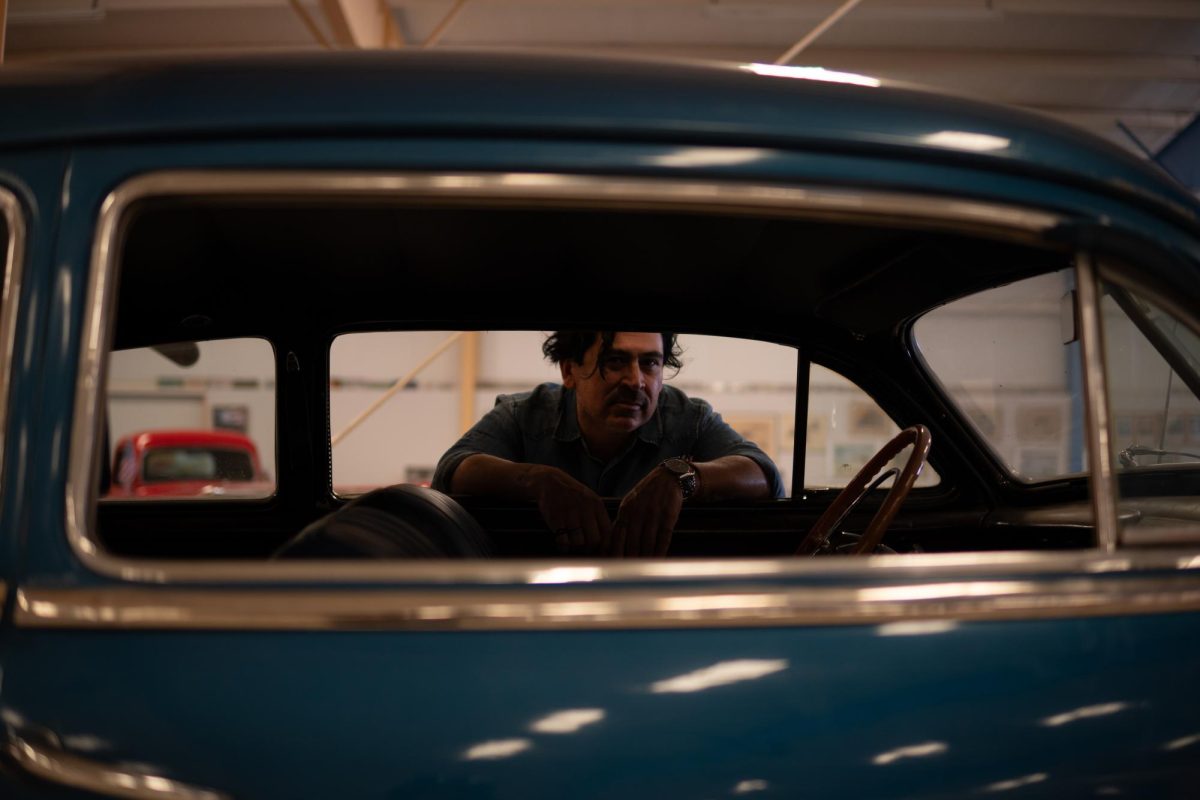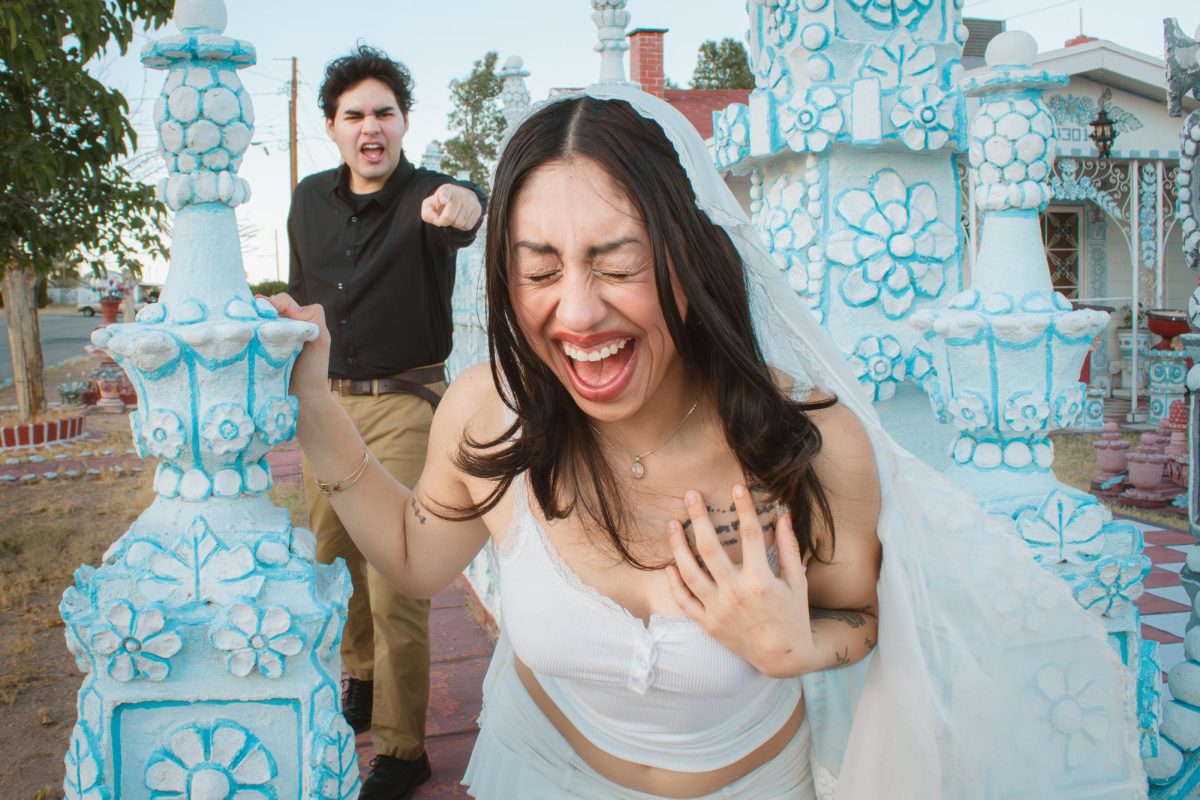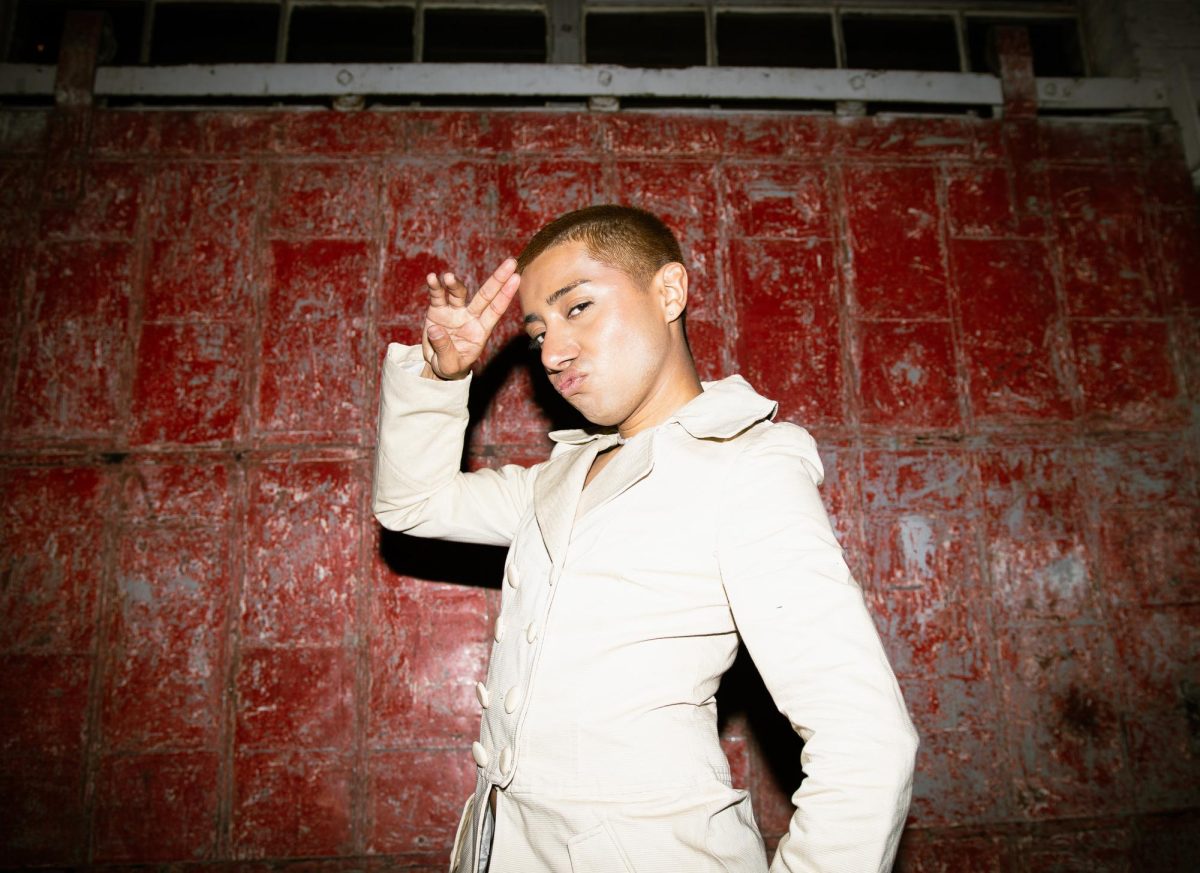The Early Music Latin America Festival serves the purpose of not only distributing and exposing a well-deserved music genre to El Paso, but it also sparks the fire for the city’s music scene.
On March 2nd, UTEP’s department hosted a festival that highlighted Latin American sounds prior to the 18th century that were often rarely performed or taught to an audience, with the inclusion of European music.
The mastermind behind this event is Lindsey Macchiarella, Ph.D. She has a master’s and Ph.D. in musicology, the essence of music history. She brought together seven musicians, from all over the country to play early music and expose this sound to El Paso.
This event was not only a concert but a learning experience. There were workshops hosted from March 1st through March 4th, which included teachings of early music from Latin America as well as the pre-lecture held by Sarah Finley, Ph.D. The hope was that the participants in these workshops would carry this knowledge everywhere; Taking a little bit from everything where it resonates the most, whether that might be educational, mindfulness, or even musicianship.
“The purpose of all of these three things is to bring together and have more people be so enlightened by it that they share their experience to others,” Macchiarella said.
Macchiarella hopes the consensus after coming to the event is more attention and acceptance of this soon-to-be known musical factor for everyone, not just musicians.
“Since the event is going to be livestreamed on UTEP music department’s Facebook, it is going to be preserved, which brings more traction, for now and for the future,” Macchiarella said.
Macchiarella explained that for aspiring musicians and artists, events like this ignite the fire of inspiration within people.
“My hope is that artists and musicians have the realization that there are many different types of music out there,” Macchiarella said. “It is everywhere if you listen with an open heart and mind.”
Dan Myers, who plays early winds and percussion instruments, gives his input on his performance.
“I was not expecting this many people and I was not expecting this much enthusiasm,” Myers said.“I absolutely love playing this music and I love playing with these people especially because we’re all over the country, so I don’t get to play with this particular ensemble of people very often and it’s a real treat to come here and do it in the process.”
Guitarist, Jason Priset, says that being able to perform Latin American music in an ethnic community like El Paso is an honor and really fed his soul.
“I do a lot of different types of early music, French, Italian, English, and for me, I love this stuff,” Priset said. “If you find the right pieces, it’s just Latin music and all the Spanish influence in Spanish and African. It’s interesting though, I think a lot of the music that this audience would listen to, if there’s a very long line that you can draw from this to the stuff that they love, I think it’s actually very accessible.”
Jasmine Janae Cuevas, not just an audience member, but an independent scholar of early modern Mexico, expresses her feelings about the event.
“The lecture, it was able to contextualize some things and make me think a little more critical about them,” Cuevas said. “So, it makes me think this is such a very necessary performance to have.”
This concert was talent attracting other talent, Cuevas explains not to take events like this lightly but to take the lessons, experiences and feelings of it to an artists’ advantage.
“I think to think through music in a holistic way, I mean of course sound is one thing, but even in sound to try and think about different rememberings,” Cuevas said. “They displayed I think so poignantly that even though it might sound European it has these African influences or they had to do this, had to do that, and the history and constructing sound.”

